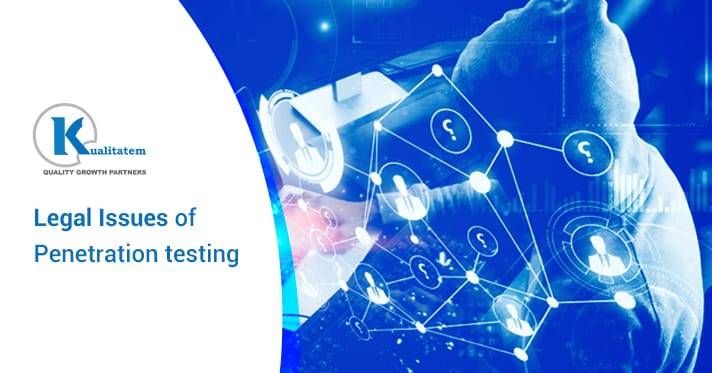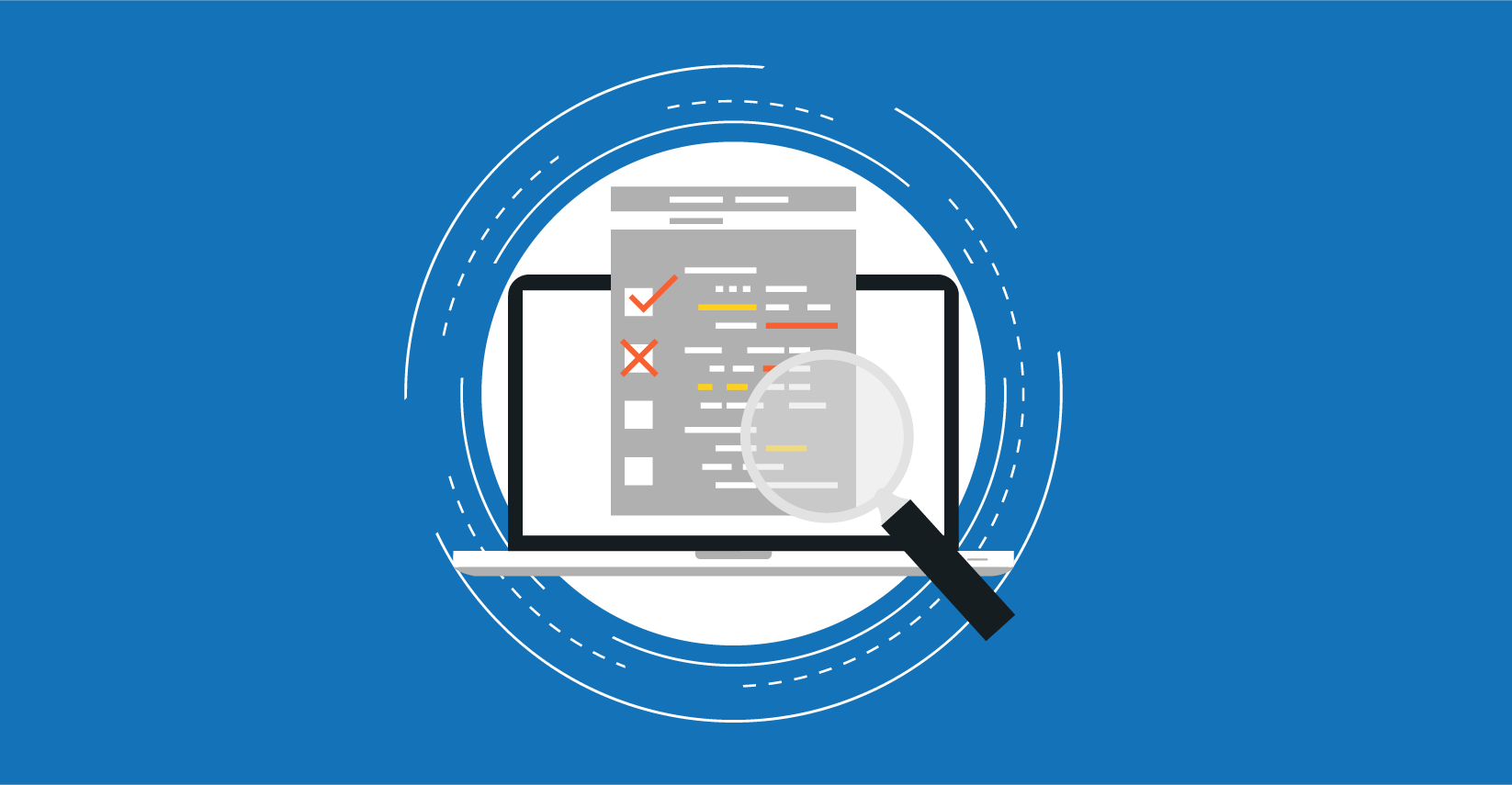Legal Issues of the Pen Testing

- October 23, 2020
- RubabKazmi
One of the most challenging and dry jobs is that of quality assurance professionals. We normally conduct software testing to better serve our customers, to enable our customers to take a deep breath as their sensitive information is safe while using our software products and apps. The software development industry relies merely upon the satisfaction levels of its customers or users. A single unsatisfied user and a whole lot of a population would go against your organization and products. To tackle this alarming situation, every single software development businessman tries to ensure security and safety to users via providing them advanced and high-quality software products and applications. That’s the reason organizations conduct cybersecurity testing before they deliver or launch a product in the market.
One of the best types of software testing, most organizations found is penetration testing or ethical hacking. The reason for this is because organizations think that hiring or indulging a tester that will behave like an original hacker is much more effective than that of normal software security testing. A pentester will be able to spot and track all the errors, glitches, and vulnerabilities before a hacker gets into the system and exploits. No doubt this thinking of organizations who acquire pen-testing services from any penetration testing company is true. But when organizations or businesses partner with third-party pen-testing companies they usually forget that other than the practical issues associated with the pen testing, some legal issues must not be taken for granted at all.
Every single decision you make has its own favorable and unfavorable side. To protect yourself from the dangers of pen testing, we have come up with some of the legal issues that a business and pen testing service provider must agree on before getting started;
Authority – When you perform a pen test, in a sense, you are “breaking into” a computer or computer network. Of course, ethical hackers will only try to break into the system at the request of the system owner or operator or test the system with the actual or implicit consent of authorized personnel.
There are many different types of pen tests. Software code reviews for vulnerabilities can be part of pen-testing. Ping scanning can be part of pen-testing. A probe or an exploit. Configuration review. Penetration testing, even when authorized, can result in a host of legal trouble. Pen Testers must make sure that they have written, signed, and enunciated authorization to conduct their tests.
Get out of prison – Before starting conducting a pen test, both parties should sign a contract specifying the exact operations that the pen tester will do (and not do) and the range of the IP address, subnet, computer, network, or device of the pen test object. If the test includes software review or decompilation, make sure that the copyright of the software allows (or does not prohibit) reverse engineering or code review. The pen tester should obtain the “Prison Free” card from the customer, which must specially stipulate that not only the pen test is authorized, but also that the customer has the legal authority to authorize the pen test.
Controlling the damage – Another legal concern that shows up in pen testing is the impact of a pen test on the system users, especially when the pen test is conducted on production or live system. Therefore, you must provide alerts to the customer in written form when performing a pen test, even if the pen test is performed accurately or appropriately, it may cause potential injury, serious damage, or destruction. Such “injury” or “damage” may include injury or damage caused by the user’s reaction to the pen test itself (including their attempts to correct the problem). Customer organizations need to understand that pen testing can disrupt weak systems, and they bear the responsibilities associated with conducting the test. This includes not only “ordinary” damages, but also “indirect” damages and “incidental” damages.
Indemnification – As a pen testing service provider, the scope of indemnification must be considered at the top of the priority list. What if your customer organization provides you an incorrect IP address? And with the wrong IP address, you hack someone else’s system other than that of your customer. The indemnification can include the damages from the other system having to respond and/or secure themselves.
Hack – back – Sometimes, customers want you to crack the attacker. Sometimes, customers see you as an attacker and then attack you. The law treats hackers the same as it treats hackers (in most cases). This is illegal. This is also true for pen test systems that are not controlled by the customer. As a pen testing service provider you need to be cognizant as It is not clear what gives the customer the right to authorize pen-testing. ownership? Intellectual property? Rental IP range? Software license? “Owning” a house is one thing, and letting out is another. Also, what do you want to test when performing a pen test? Is the person safe? Logical security? Software security? Software configuration? Hardware Configuration? set up?
Scope of work and privacy issues – One of the important concerns of the pen testing agreement must-have is the detailed draft of what will be covered and what will not be covered by the pen test. Its perimeters and scope include the info like what, how, and why of the test. On the other hand, a pen test may entail the issues of the privacy or secrecy of organizational internal intellectual digital assets. Therefore, to cater or solve this issue both parties must solve a “Non-Disclosure Agreement”.
Conclusion
A pen test agreement is normally a simple document yet entails complexities relevant to the legal and practical concerns of it between the pen testing service provider and the customer organization who acquires the services. To avoid such types of challenges both parties must agree upon the aforementioned terms in their agreement to get rid of future discrepancies.











